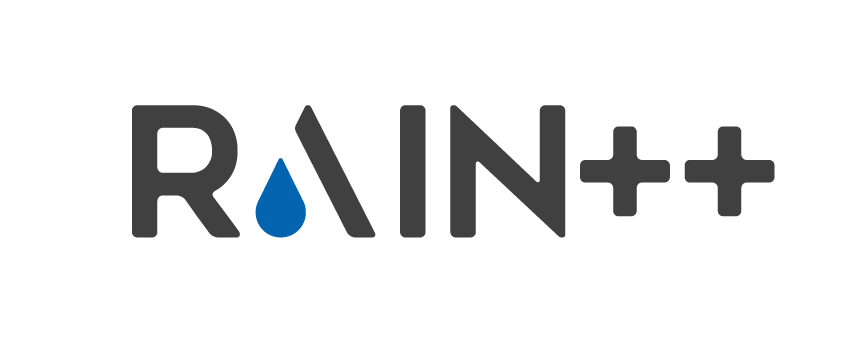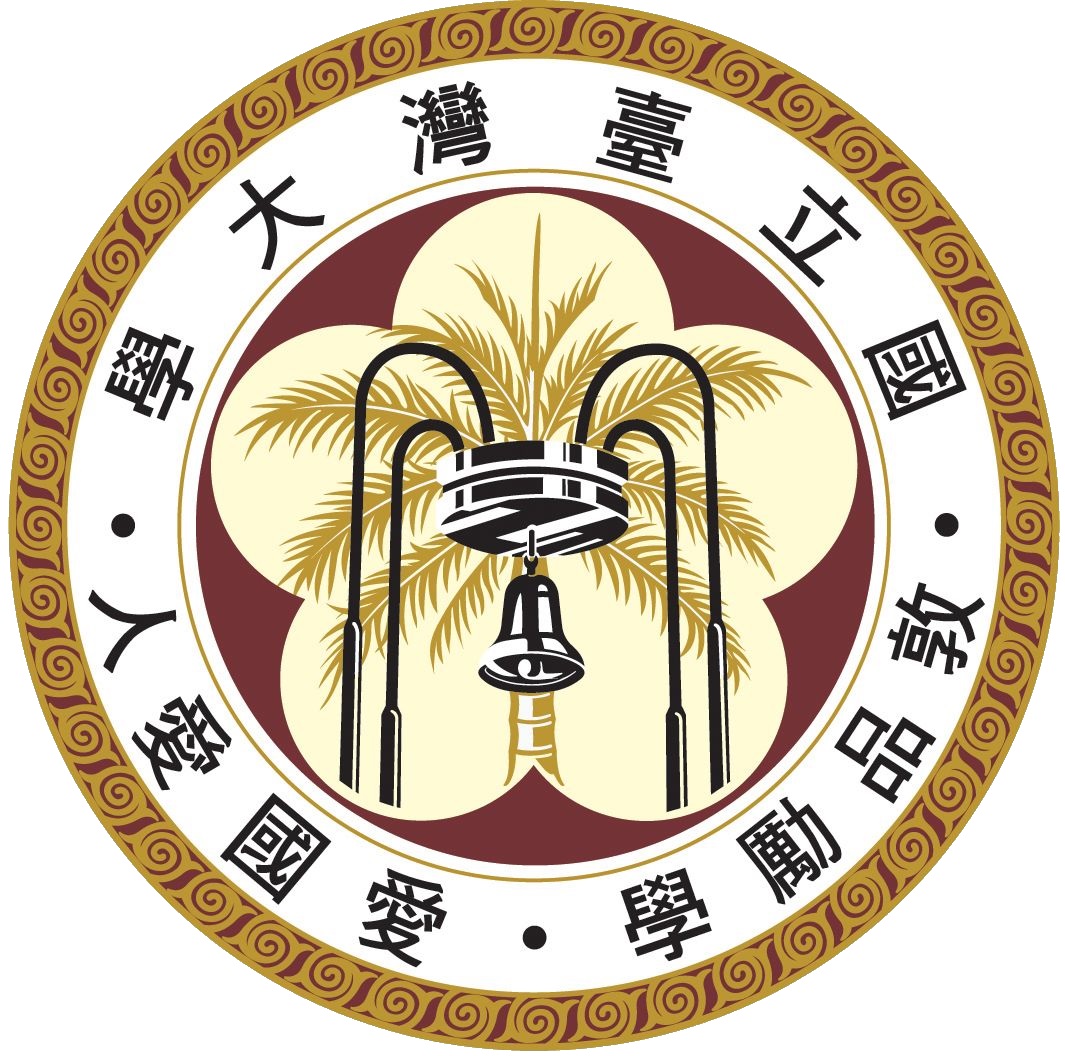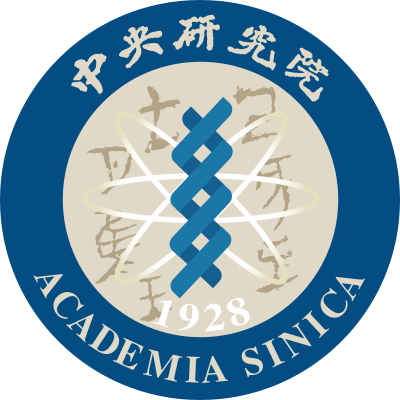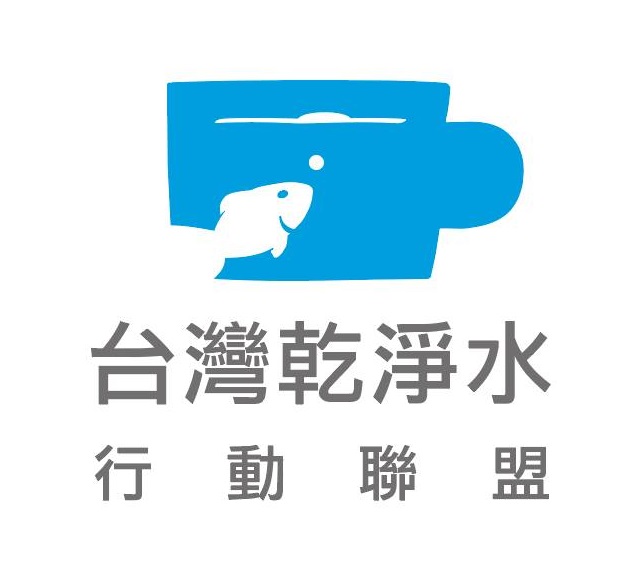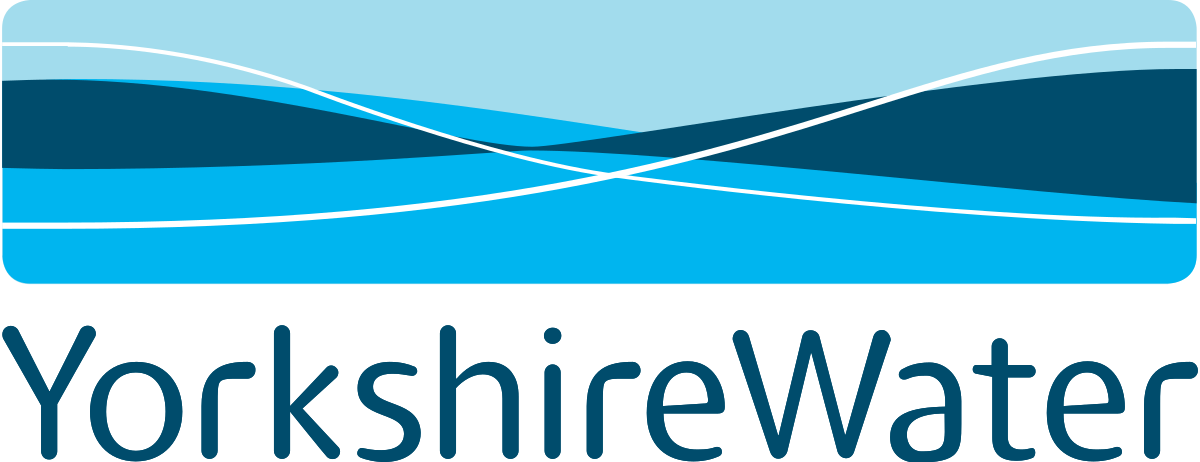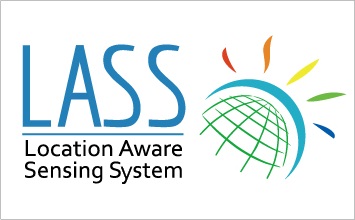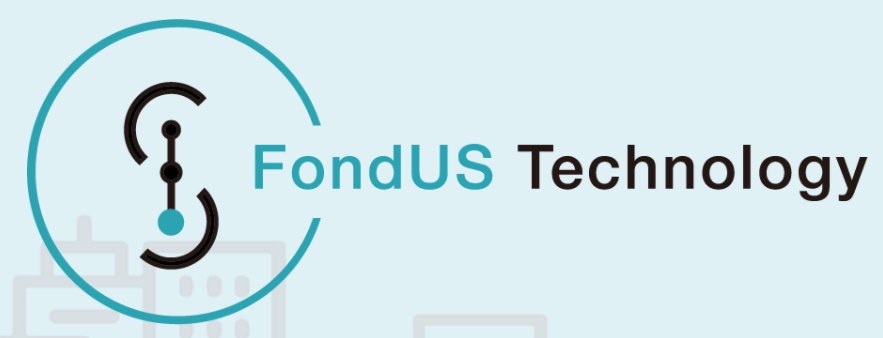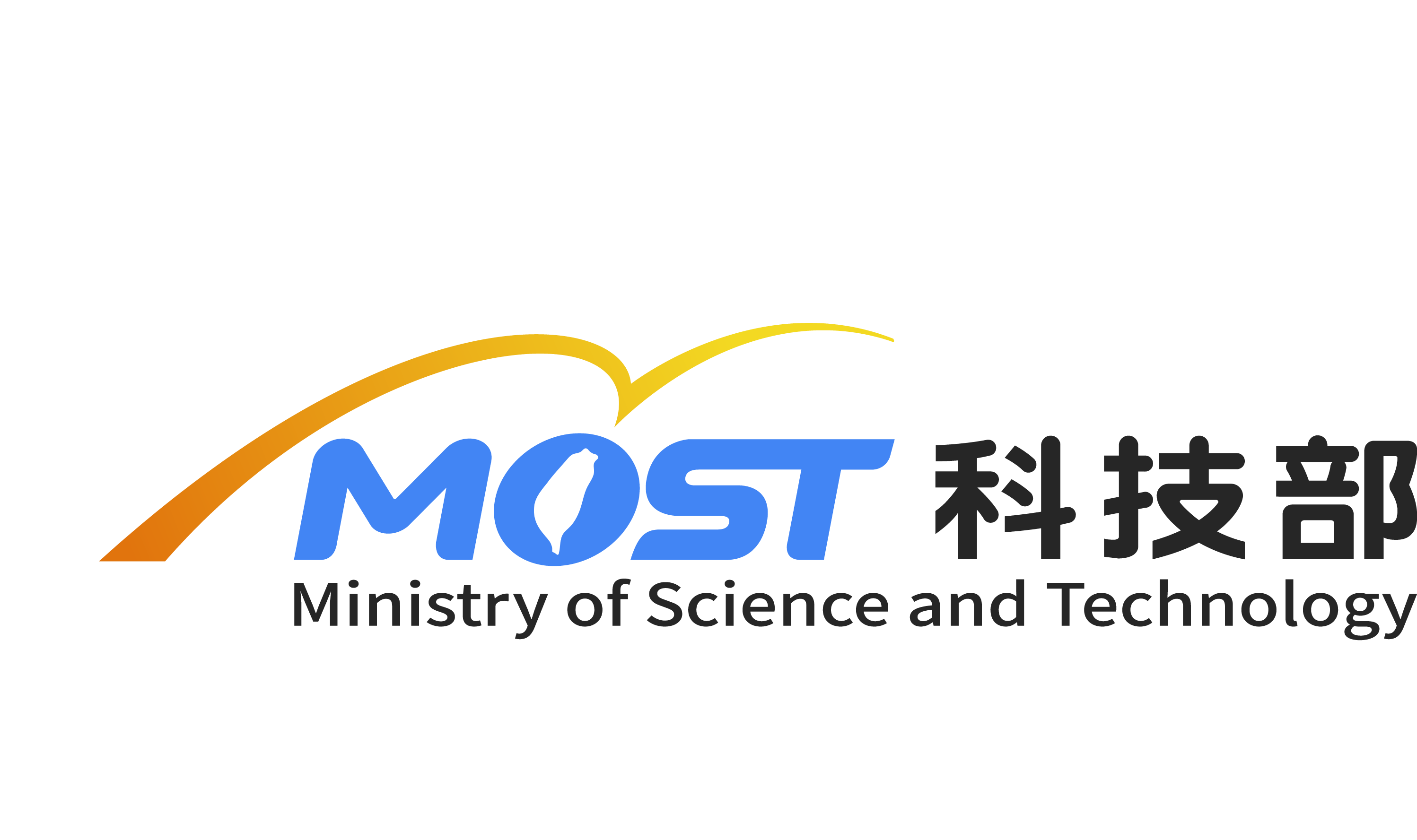Pilot Sites
1. UK: Bradford Beck (West Yorkshire) & Friends of Bradford's Becks (FoBB)
In the UK, there is widespread dissatisfaction around waterbody pollution, with headlines including ‘Raw sewage dumped into English and Welsh beaches 2,900 times this year’. Despite ambitions, UK water quality still falls below the required standard. Recent Water Framework Directive (WFD) assessments suggest that just 38% of European waters (rivers, lakes and transitional coastal waters) meet the required standard.
Water quality is therefore a timely issue for the UK public, and this includes the Bradford Beck (tributary of the River Aire, West Yorkshire) and its tributaries, which suffer from poor water quality and discolouration, particularly at low flows. Blocked or incorrectly connected sewers, plastic bags, cloth, household and industrial litter, fat bergs and sediment have been highlighted as a major problem. Many streams are also culverted, making it difficult to locate exactly where the pollution sources are, and who is responsible. Collectively, these issues are hugely disappointing to local residents and businesses who want to protect and enjoy their local watercourse. The Bradford Beck catchment has a rich cultural and industrial heritage which locals are proud of. This is, of course, a common story for many urban watercourses across the UK.
Since preparing a catchment plan in 2011, Friends of Bradford's Becks (FoBB), a group of Bradford-based volunteer citizens, have undertaken a range of initiatives to improve water quality, including litter picks, collecting water samples for analysis, giving interactive lessons to school children and reporting photographic evidence of pollution via an online app. Based on the online app submissions, catchment walkovers, and other observations shared on social media by the public today, it is clear that more work is still required to monitor and restore their local watercourse.
"It was once known as the filthiest river in England" see The Guardian, June 2021
2. Taiwan: Touqian River (Hsinchu County) & Taiwan Clean Water Action Alliance (TCWA)
Taiwan’s rapid industrialisation and economic growth has had an impact on water pollution. Based on their average river pollution index (RPI), in 2016, 65% of Taiwanese rivers were classified as moderately polluted and the remaining 35% as lightly polluted. While this is an improvement on pollution levels reported by Taiwan’s Environmental Protection Agency (EPA) in 1998, the situation is far from good. However, as economic growth stabilises and the society evolves, attention is shifting to water quality issues and river restoration.
The Touqian River, in Hsinchu County (North-West Taiwan), is one of those classified as moderately polluted. Unpermitted landfill leachate and unmonitored and often unpermitted industrial and domestic discharges have been identified as major problems. In particular, Hsinchu’s thriving semi-conductor industry constitutes a major user and pollution source of the Touqian River. The pollution of and unsustainable use of water from the river are major concerns for local residents, as the river constitutes the main water source for the greater Hsinchu area.
“No one would feel the water [from the Touqian River] is safe to drink” (CommonWealth Magazine, 2020)
Following a fact-finding trip along the river, in 2016 a group of five mothers from Hsinchu City founded the Taiwan Clean Water Alliance Union (TCWA, 台灣乾淨水行動聯盟), formerly known as ‘We Want Clean Water Alliance’ (WWCW; 我們要喝乾淨水). The group promotes the sustainable use of water resources, with the aim of ensuring the quality and long-term availability of the drinking water source for the greater Hsinchu area. The TCWA has brought the identified water usage and pollution issues along the Touqian River to the attention of the local and central authorities, instigating conversations and efforts to improve the current situation. Other TCWA activities include regular river walks, water sample collection for analysis, development of educational kits for use in local schools and development of training courses for other Water Patrols across the country. More recently, the group led a referendum campaign to push for Hsinchu City to create an autonomous regulation on waste and sewage management, with the referendum due to take place in December 2021.
“Three years after, they brought the matter to the attention of the Hsinchu County Government, the Ministry of Economic Affairs and the Control Yuan, the concerted effort of these combative mothers eventually paid off, turning the situation around.” (CommonWealth Magazine, 2020).
More work is still required to monitor and restore the Hsinchu river. The continuous, community-led water quality monitoring and the knowledge exchange activities planned as part of the UpStream project are expected to help in this direction.


